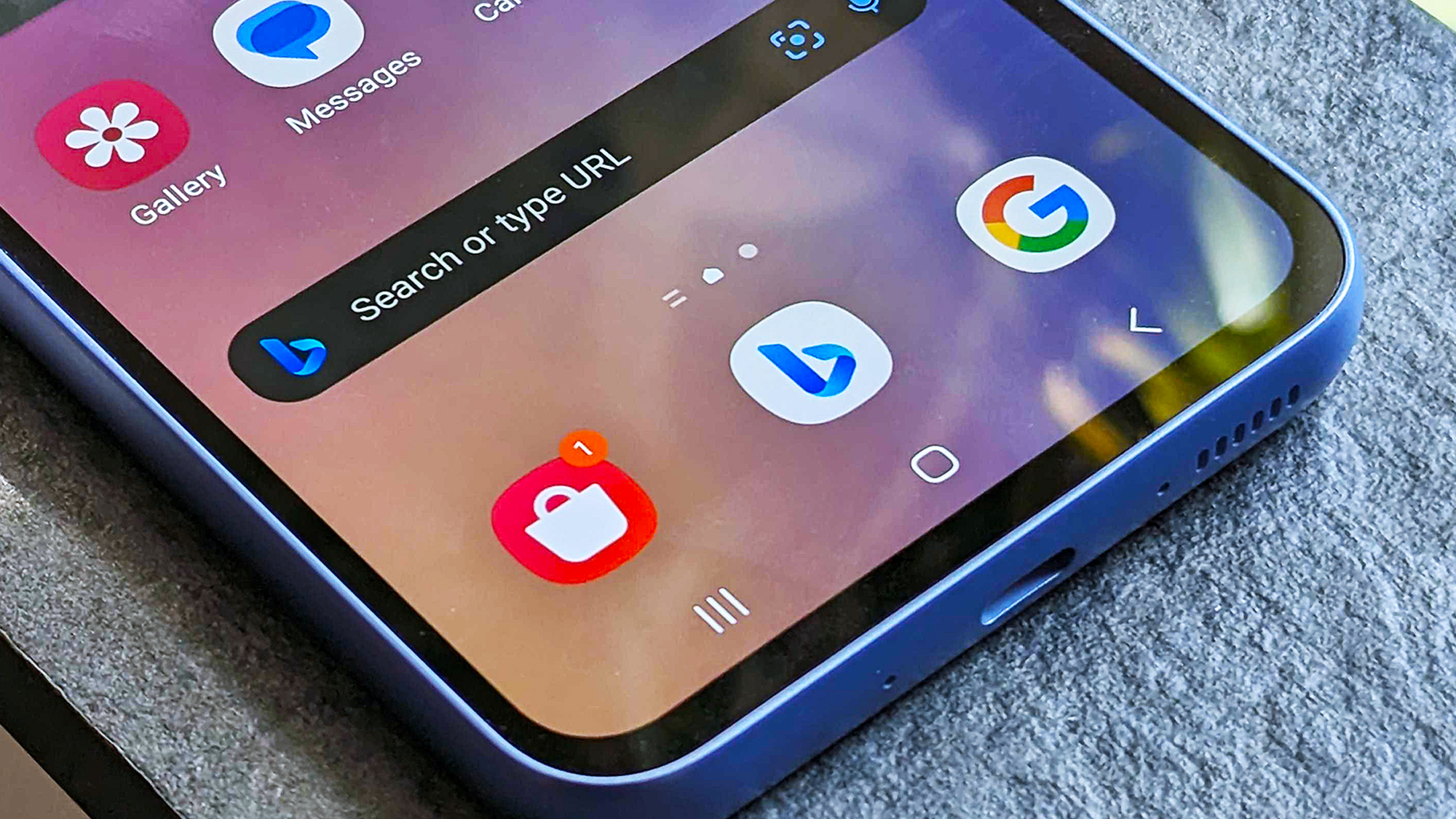This top parental control app has some serious security flaws
Make sure to update your apps immediately

A popular Android parental control app carried multiple vulnerabilities which allowed the children to bypass parental controls, and threat actors to install malware or steal sensitive data from the flawed devices.
The app in question is called Parental Control - Kids Place, built by a company called Kiddowares. It has more than five million downloads on Google Play, and offers all kinds of parental control features, from monitoring and geolocation, to internet restrictions and payment restrictions. Parents can also track how their children spend time on the device, and make sure they’re safe from any malicious content.
The findings were outlined in a report from cybersecurity researchers SEC Consult, which is now urging users to update the apps to the latest version immediately.
Deploying malware
Now, SEC Consult’s researchers found versions 3.8.49 and older vulnerable to five flaws.
The first allows threat actors to intercept and decrypt user registration and login data, meaning they could be able to obtain sensitive information such as login credentials.
The second, tracked as CVE-2023-29079, allows for cross-site scripting attacks, which threat actors can use to inject malicious scripts into the dashboard of the parents. The third one, tracked as CVE-2023-29078, is a cross-site request forgery (CSRF) flaw, while the fourth one allows the attackers to send files up to 10MB in size to the child’s device.
This one is particularly dangerous as the files are uploaded to an AWS S3 bucket, where they’re not scanned and could contain malware. The fifth one, tracked as CVE_2023-28153, allows the children (or threat actors) to temporarily remove all usage restrictions. Unless they manually check in the dashboard, the parents won’t know this change occurred.
Sign up to the TechRadar Pro newsletter to get all the top news, opinion, features and guidance your business needs to succeed!
The researchers said that all versions prior to 3.8.50 are vulnerable, and have urged the users to update, immediately. The patch was released on February 14, 2023.
- Here are the best firewalls today
Via: BleepingComputer
Sead is a seasoned freelance journalist based in Sarajevo, Bosnia and Herzegovina. He writes about IT (cloud, IoT, 5G, VPN) and cybersecurity (ransomware, data breaches, laws and regulations). In his career, spanning more than a decade, he’s written for numerous media outlets, including Al Jazeera Balkans. He’s also held several modules on content writing for Represent Communications.